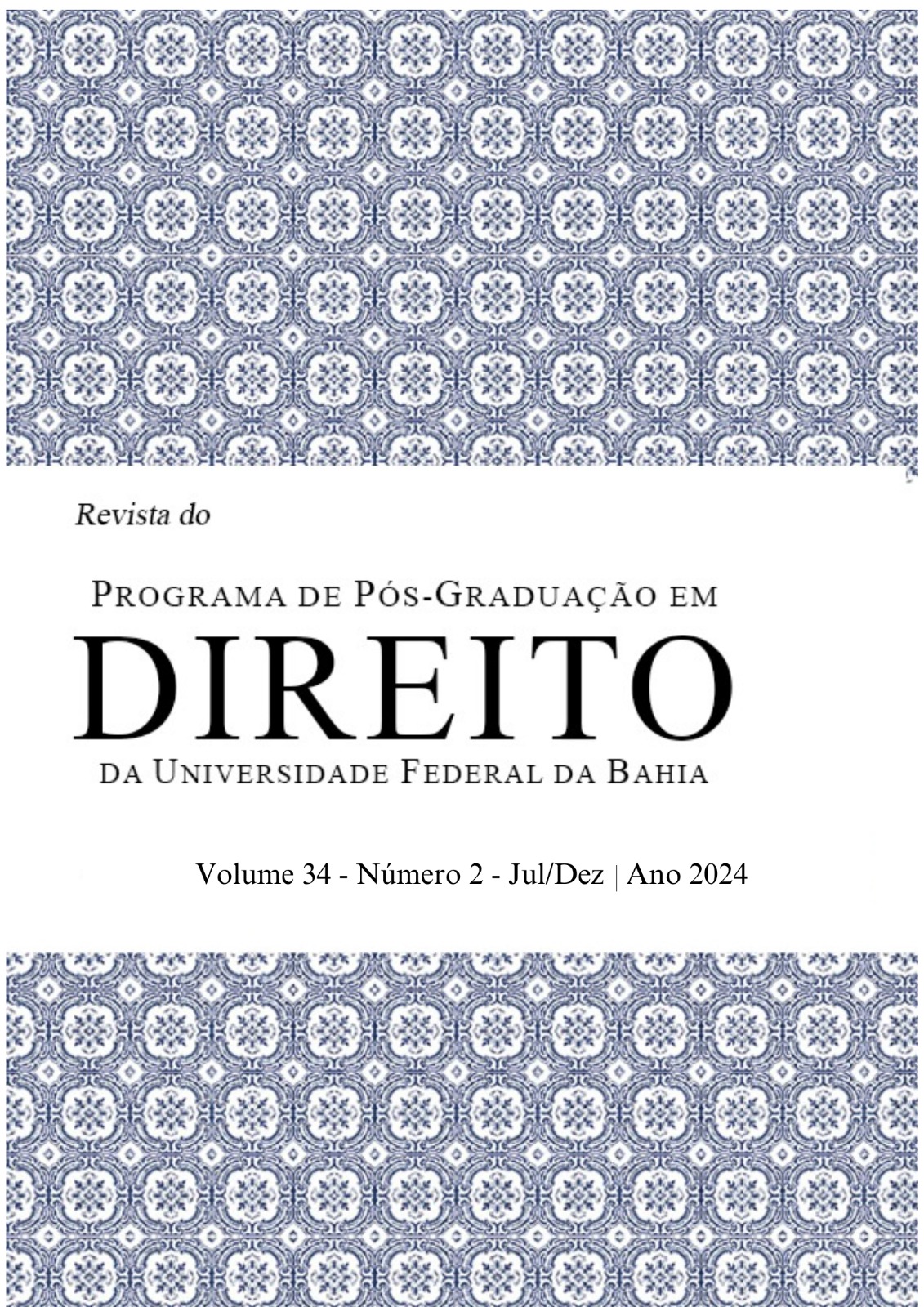Returning to Dworkin's Criticism on Legal Conventionalism
The defenses presented by Andrei Marmor and Jules Coleman
DOI:
https://doi.org/10.9771/rppgd.v34i0.62274Keywords:
Andrei Marmor, Legal conventionalism, Jules Coleman, Ronald Dworkin, Legal TheoryAbstract
This is an analytical legal theory study, considering debates on how we should understand the very concept of law. It analyzes some of the arguments presented by Andrei Marmor and Jules Coleman in defense of legal conventionalism, considering the criticisms formulated by Ronald Dworkin – particularly in his book "Law's Empire". First, it presents Dworkin's conception of conventionalism, as well the idea of "semantic sting". Subsequently, arguments by Marmor (especially the notion of constitutive convention) and Coleman (the distinction between disagreements of content and disagreements of application) are expounded upon. Finally, the paper examines Dworkin's replies and other arguments he could have formulated. It is argued that conventionalism ends up treating law as a concept to be understood "criterially" and without considering its evaluative point, which is why Marmor and Coleman’s arguments would not rehabilitate legal conventionalism from Dworkinian criticisms.
Downloads
Downloads
Published
How to Cite
Issue
Section
License
Copyright (c) 2024 Revista do Programa de Pós-Graduação em Direito

This work is licensed under a Creative Commons Attribution-NonCommercial-NoDerivatives 4.0 International License.
1. Autores mantém os direitos autorais e concedem à revista o direito de primeira publicação, com o trabalho simultaneamente licenciado sob a Licença Creative Commons Atribuição 4.0 Internacional que permite o compartilhamentodo trabalho com reconhecimento da autoria e publicação inicial nesta revista.
2. Autores têm autorização para assumir contratos adicionais separadamente, para distribuição não-exclusiva da versão do trabalho publicada nesta revista (ex.: publicar em repositório institucional ou como capítulo de livro), com reconhecimento de autoria e publicação inicial nesta revista.
3. Autores têm permissão e são estimulados a publicar e distribuir seu trabalho online (ex.: em repositórios institucionais ou na sua página pessoal) a qualquer ponto antes ou durante o processo editorial, já que isso pode gerar alterações produtivas, bem como aumentar o impacto e a citação do trabalho publicado

